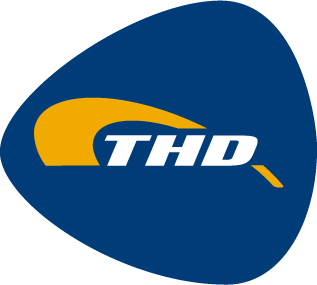- United States
- Italia
- Global
- United Kingdom
- France
- España
Sie werden auf eine andere Website weitergeleitet.
Es ist möglich, dass einige der Produkte auf der über diesen Link erreichten Website in Ihrem Land nicht zugelassen sind.
Zurück
Fortfahren Sie werden auf eine andere Website weitergeleitet.
Es ist möglich, dass einige der Produkte auf der über diesen Link erreichten Website in Ihrem Land nicht zugelassen sind.
Zurück
Fortfahren Sie werden auf eine andere Website weitergeleitet.
Es ist möglich, dass einige der Produkte auf der über diesen Link erreichten Website in Ihrem Land nicht zugelassen sind.
Zurück
Fortfahren Sie werden auf eine andere Website weitergeleitet.
Es ist möglich, dass einige der Produkte auf der über diesen Link erreichten Website in Ihrem Land nicht zugelassen sind.
Zurück
Fortfahren Sie werden auf eine andere Website weitergeleitet.
Es ist möglich, dass einige der Produkte auf der über diesen Link erreichten Website in Ihrem Land nicht zugelassen sind.
Zurück
Fortfahren Sie werden auf eine andere Website weitergeleitet.
Es ist möglich, dass einige der Produkte auf der über diesen Link erreichten Website in Ihrem Land nicht zugelassen sind.
Zurück
Fortfahren 